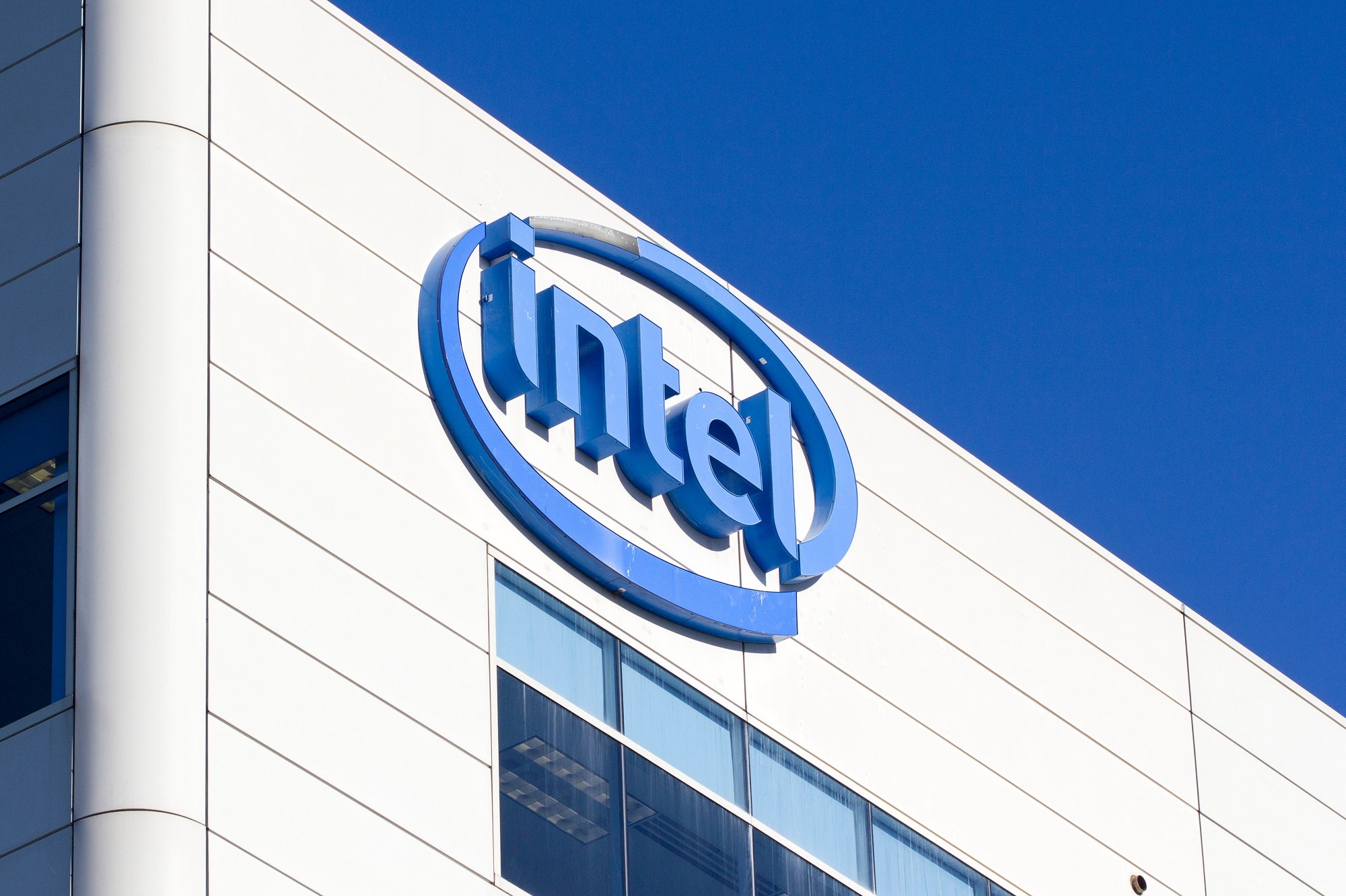
Germany is refusing Intel’s demand for a higher subsidy to support its €17bn ($18.2bn) chip manufacturing plant, reported The Financial Times, citing German Finance Minister Christian Lindner.
Earlier, the US-based semiconductor manufacturer was expected to receive €6.8bn in government funding for its Magdeburg fabrication facility in eastern Germany.

Access deeper industry intelligence
Experience unmatched clarity with a single platform that combines unique data, AI, and human expertise.
Now, Intel is seeking around €10bn in subsidies, citing rising energy and construction costs.
In an interview with the publication, the minister said he opposed the demand.
“There is no more money available in the budget,” he was quoted by The Financial Times as saying.
“We are trying to consolidate the budget right now, not expand it.”

US Tariffs are shifting - will you react or anticipate?
Don’t let policy changes catch you off guard. Stay proactive with real-time data and expert analysis.
By GlobalDataIntel’s project is claimed to be the largest foreign investment in postwar German history and is believed to be crucial for the European Union’s effort to bolster the domestic chip market.
Under the European Chips Act, the bloc hopes to double its existing worldwide semiconductor market share to 20% by 2030.
Intel declined to respond to Lindner’s comments and said that: “there is a cost gap and we are working with the government on how to close it”.
Besides Intel, several chipmakers including Taiwan Semiconductor Manufacturing Company (TSMC) and US-based Wolfspeed are looking for government support to build chip factories in Europe.
TSMC is in talks with authorities for up to 50% subsidies for its proposed German plant, which could cost up to $10.7bn to build.
Last week, the European Commission approved €8.1bn in state aid to support the bloc’s semiconductor supply chain.







